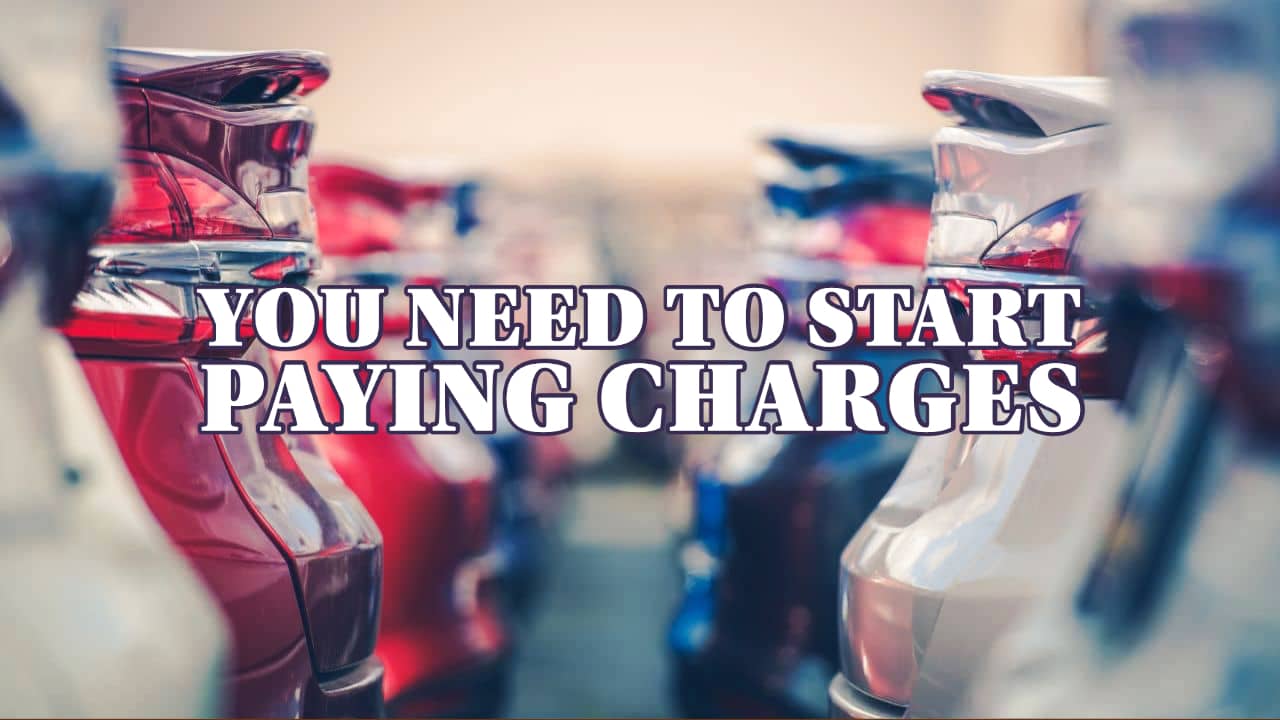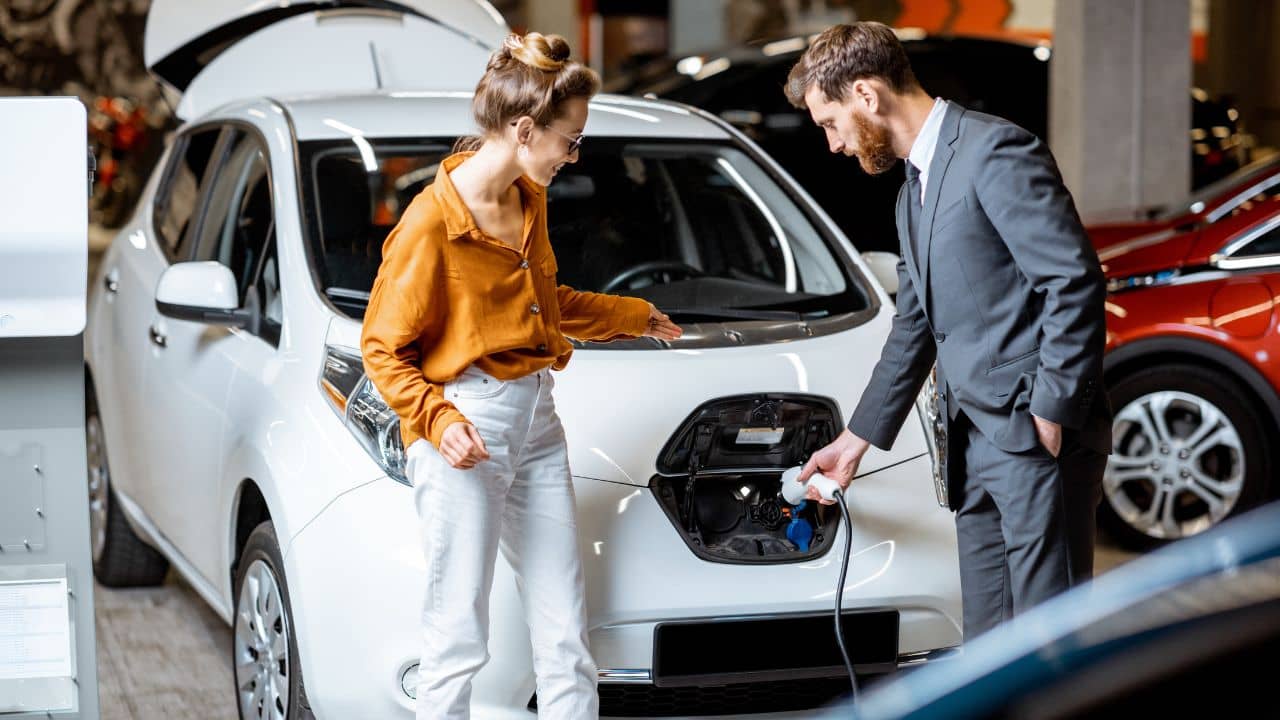
Clean Car Standard Changes from 1 June 2023
5-minute read
If you are someone importing light vehicles into New Zealand on a Clean Car Standard Pay As You Go scheme, read this article to understand what you need to do to make payments and use credits from the 1st of June, 2023.
If you import a light vehicle into New Zealand, you need to meet Clean Car Standard requirements.
These requirements are there to increase the number of low and zero-emission vehicles imported into New Zealand.
Charges are applied to vehicles with emissions above a target, and credits are given for vehicles below a target.
The Clean Car Standard requires importers to have a CO2 account.
Your account holds details of vehicles you import – such as emissions levels, whether those emissions are above or below the target, and any charges or credits that may apply.
Separate CO2 accounts are needed for new and used vehicles.
There are two schemes within the Clean Car Standard: Pay As You Go (PAYG) and Fleet Average.
Clean Car Standard vs Clean Car Discount
The Clean Car Standard is different from the Clean Car Discount. The Clean Car Standard is for importers and aims to increase the supply of low or zero-emission vehicles – while the Clean Car Discount is for car buyers and aims to increase demand for low or zero-emission vehicles.
What You Need to Know if You’re a Pay As You Go Importer
You need to start paying charges.
From 1 June, as a PAYG importer, you will need to start paying charges on vehicles as they’re accepted in your CO2 account.
If you choose not to or don’t pay, you won’t be able to register your vehicles or obtain a WOF/COF until the charges are paid.
You’ll also be able to use credits to offset charges if you have them. You’ll be given the option to offset charges at the point of payment.
Payment will be through your CO2 account, using your credit/debit card or through POLi.
You Need to Make a One-Off Payment for Charges Incurred Between 1 January and 31 May
From 1 June, payment is due for charges incurred between 1 January and 31 May 2023 for PAYG importers. This is a one-off payment.
You can make payment in the ‘Pending Charges’ tab in the CCS system using your credit/debit card or POLi.
Waka Kotahi advises that if you haven’t settled your balance by 21 June 2023 and you have credits available, they will be used to offset the charges on your account. Any remaining charges will be payable at that point.

Credit offsetting and transferring
From 1 June, credits can be used for offsetting and transferring to other importers.
Credit Offsetting
If you have credits in your account, you can use these to offset charges. You can do this once you are on the payment screen in your CCS CO2 account.
Credit Transferring
From 1 June, you can transfer credits between other CO2 accounts.
Credit transfers from one account to another take place within the CCS system.
Credits can only be transferred between accounts of the same type – that is, new-to-new and used-to-used.
They can also be transferred between PAYG and Fleet Average accounts (as long as the accounts are of the same type).
Note that vehicles accepted in Fleet Average accounts do not produce any tradeable credits until the end of the obligation year if the net position is positive.
However, Fleet Average accounts can still accept credits from PAYG accounts in the interim and transfer those credits.
While credit transfers take place within the CCS system, any payment for credits and terms of the trade will be managed between the two trading parties – Waka Kotahi advises that they will not have visibility of or responsibility for the financial agreement or monetary transactions.
You will need to meet Anti-Money Laundering (AML) requirements before you are able to transfer or receive credits.
You can also choose to go onto the CCS Account Register, which includes contact details for CO2 account holders wishing to trade credits.
Anti-Money Laundering Requirements
Importers wishing to transfer or receive credits must undergo Anti-Money Laundering (AML) checks first.
This is a requirement under the Anti-Money Laundering and Counter Financing of Terrorism Act 2009 to help tackle money laundering in New Zealand.
In line with this legislation, Waka Kotahi is required to conduct customer due diligence on importers wishing to trade credits under the CCS.
This includes understanding importers’ ownership structures and verifying the identity of associated individuals.
Waka Kotahi also recommends that importers seek their own legal advice in relation to AML prior to transferring credits with other account holders.
To find out how to get verified, you can contact the Clean Car Standard team online through your CO2 account, call Waka Kotahi on 0800 141 801 or email CCSImporter@nzta.govt.nz.
Clean Car Standard Account Register
Waka Kotahi is publishing a list of CO2 account holders and their contact details. This register is temporary to help importers to get in touch with each other if they are interested in trading CO2 credits to offset charges incurred between 1 January and 31 May.
It will be updated weekly and be available until 30 June 2023.
CCS Account Register can be found on the NZTA website.
CO2 account holders can choose whether to be included in this register. If you’d like to be added to or removed from the register, or you would like to update any of the information, get in touch with the CCS team at CCSImporter@nzta.govt.nz.
Waka Kotahi has developed this helpful video, which gives an overview of how payments and credits work and the different ways you can pay.
The above information is intended as a guide only. Regulations can change without notice, and more information, detailed guidance, and questions about the Clean Car Standard can be found on the NZTA website.
Information and video source: Waka Kotahi NZ Transport Agency
P.S. Easy Freight Ltd helps New Zealand importers & exporters to save money on international freight and reduce mistakes by guiding how to comply with Customs and biosecurity rules.
➔ Contact us now to learn how we can assist you.
